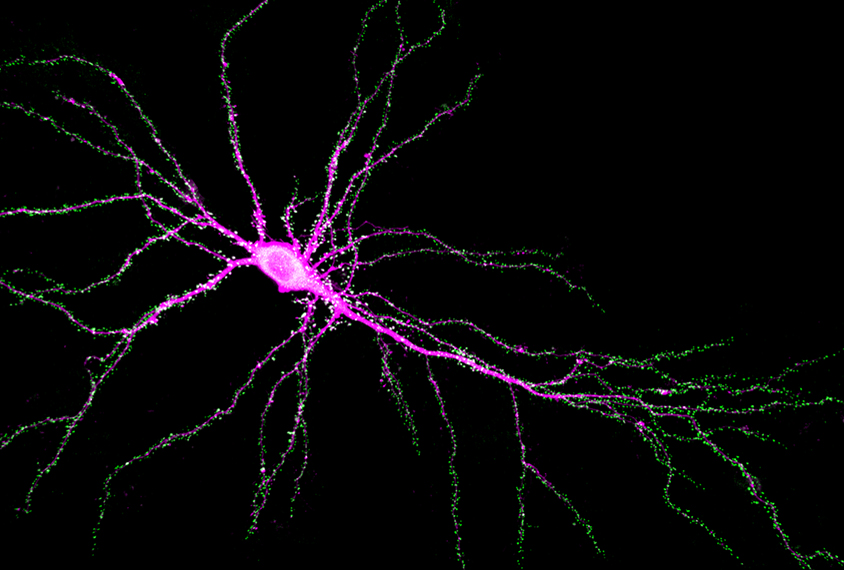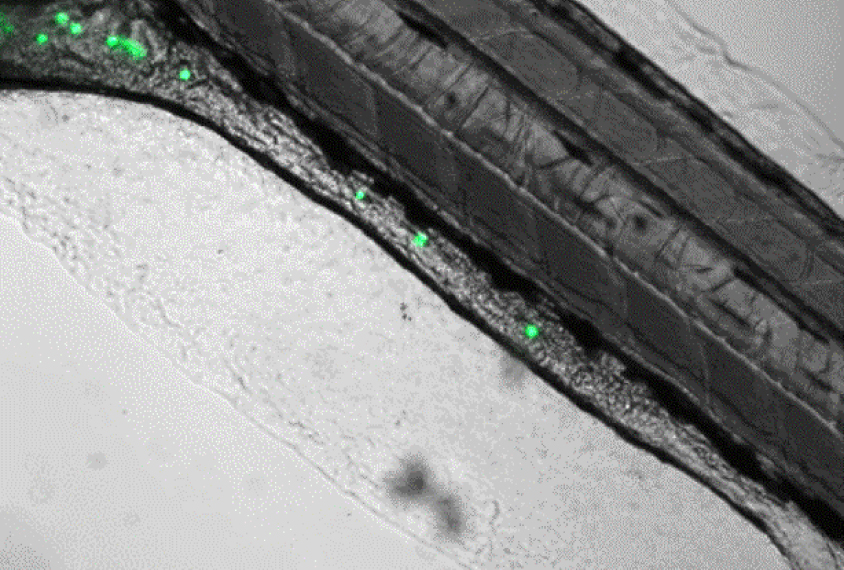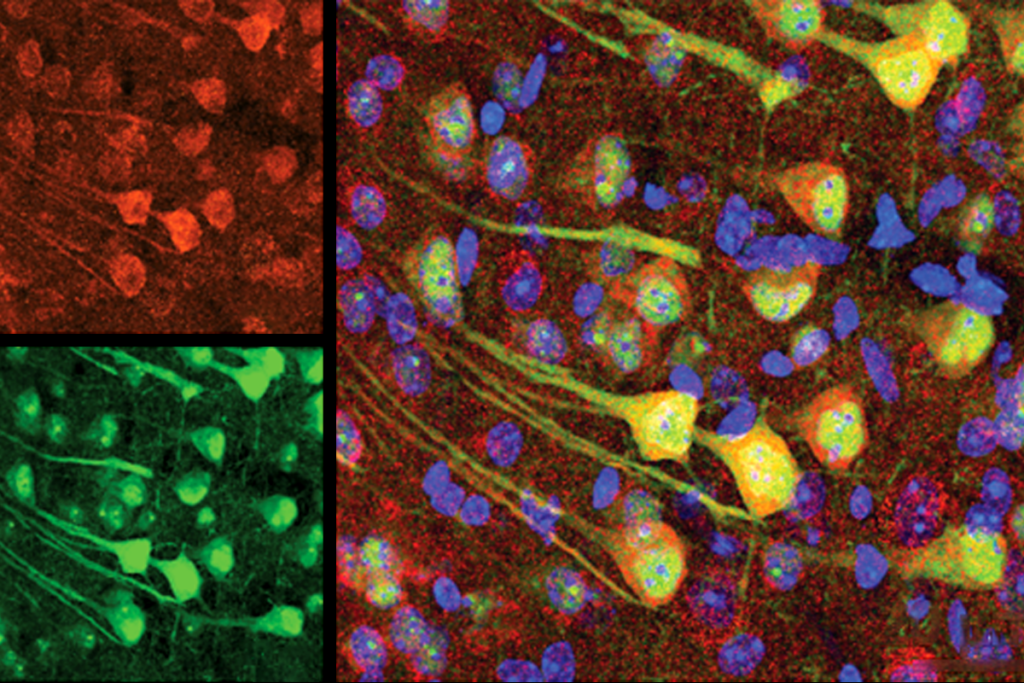SYNGAP1 2020
Recent articles
Reactions from the 2020 SYNGAP1 Scientific Conference
Spectrum is covering the 2020 International SYNGAP1 Scientific Conference, which took place virtually because of the coronavirus pandemic. Here we’re highlighting researchers’ reactions to noteworthy presentations.

Reactions from the 2020 SYNGAP1 Scientific Conference
Spectrum is covering the 2020 International SYNGAP1 Scientific Conference, which took place virtually because of the coronavirus pandemic. Here we’re highlighting researchers’ reactions to noteworthy presentations.
Zebrafish and ‘Smurf cakes’ link autism gene mutation to digestive woes
Mutations in a top autism gene called SYNGAP1 slow the rate at which zebrafish digest food and pass waste, and may also disrupt gut function in people.

Zebrafish and ‘Smurf cakes’ link autism gene mutation to digestive woes
Mutations in a top autism gene called SYNGAP1 slow the rate at which zebrafish digest food and pass waste, and may also disrupt gut function in people.
Mice reveal roots of sensory issues tied to top autism gene
Mice with mutations in the autism-linked gene SYNGAP1 have trouble sensing touch, which may stem in part from brain-circuit alterations and dulled alertness.
Mice reveal roots of sensory issues tied to top autism gene
Mice with mutations in the autism-linked gene SYNGAP1 have trouble sensing touch, which may stem in part from brain-circuit alterations and dulled alertness.
Explore more from The Transmitter
Interneurons’ role in epilepsy, and more
Here is a roundup of autism-related news and research spotted around the web for the week of 9 February.

Interneurons’ role in epilepsy, and more
Here is a roundup of autism-related news and research spotted around the web for the week of 9 February.
Aging neurons outsource garbage disposal, clog microglia
Degradation-resistant proteins pass from neurons to glial cells in a process that may spread protein clumps around the brain, according to a study in mice.

Aging neurons outsource garbage disposal, clog microglia
Degradation-resistant proteins pass from neurons to glial cells in a process that may spread protein clumps around the brain, according to a study in mice.
Oregon primate research center to negotiate with NIH on possible transition to sanctuary
The board of directors at Oregon Health & Science University, which runs the primate center, voted unanimously in favor of the move.

Oregon primate research center to negotiate with NIH on possible transition to sanctuary
The board of directors at Oregon Health & Science University, which runs the primate center, voted unanimously in favor of the move.